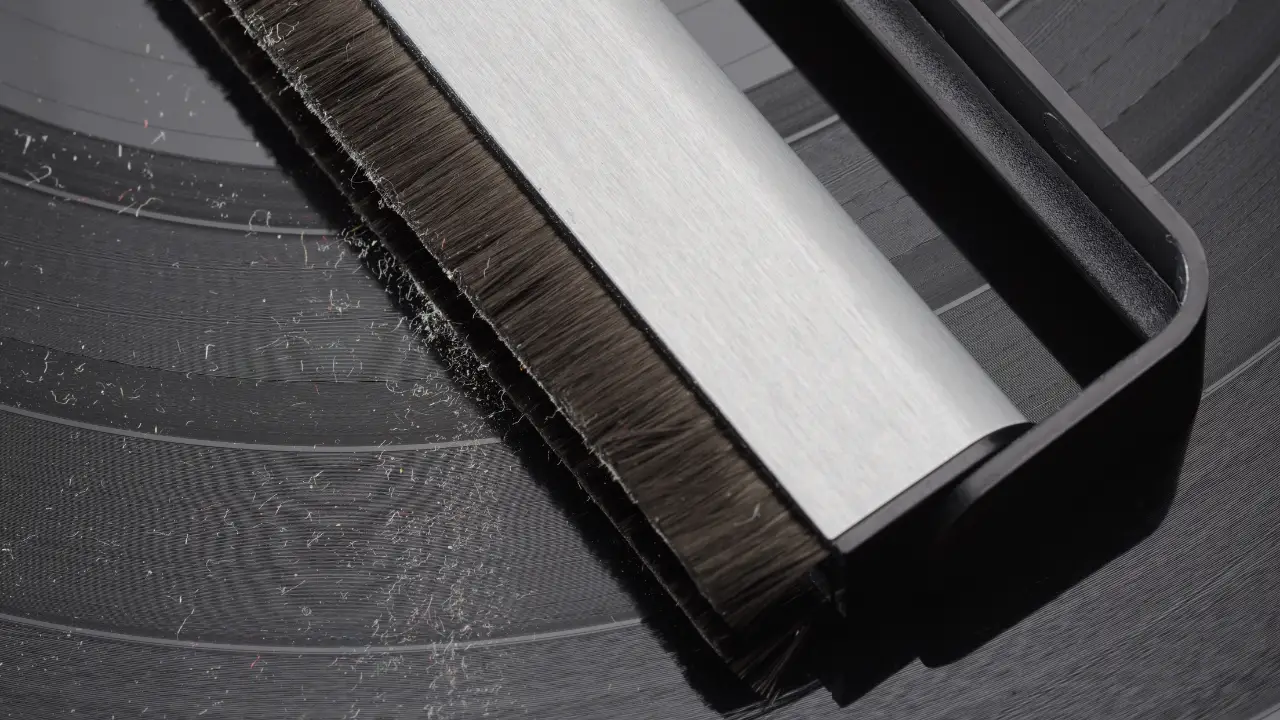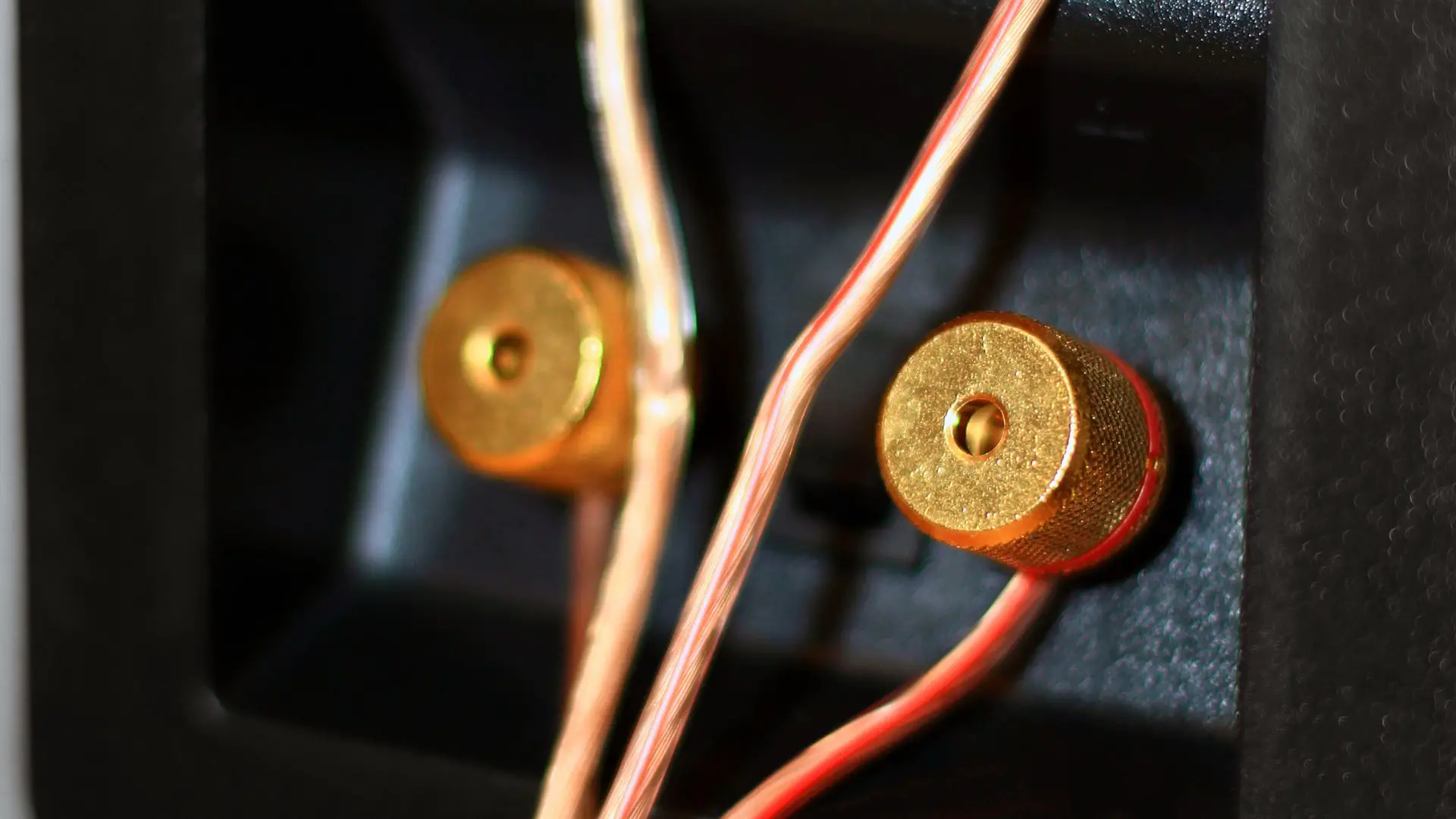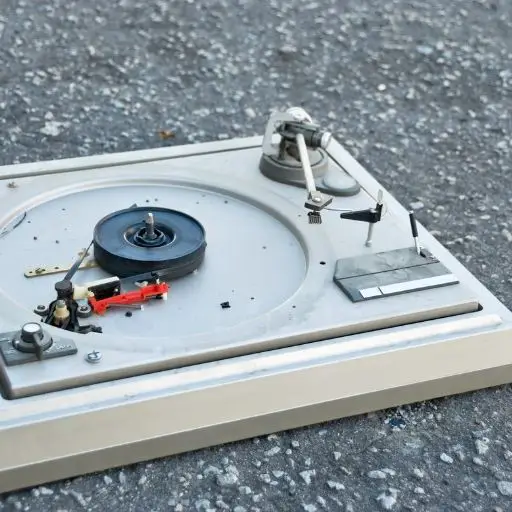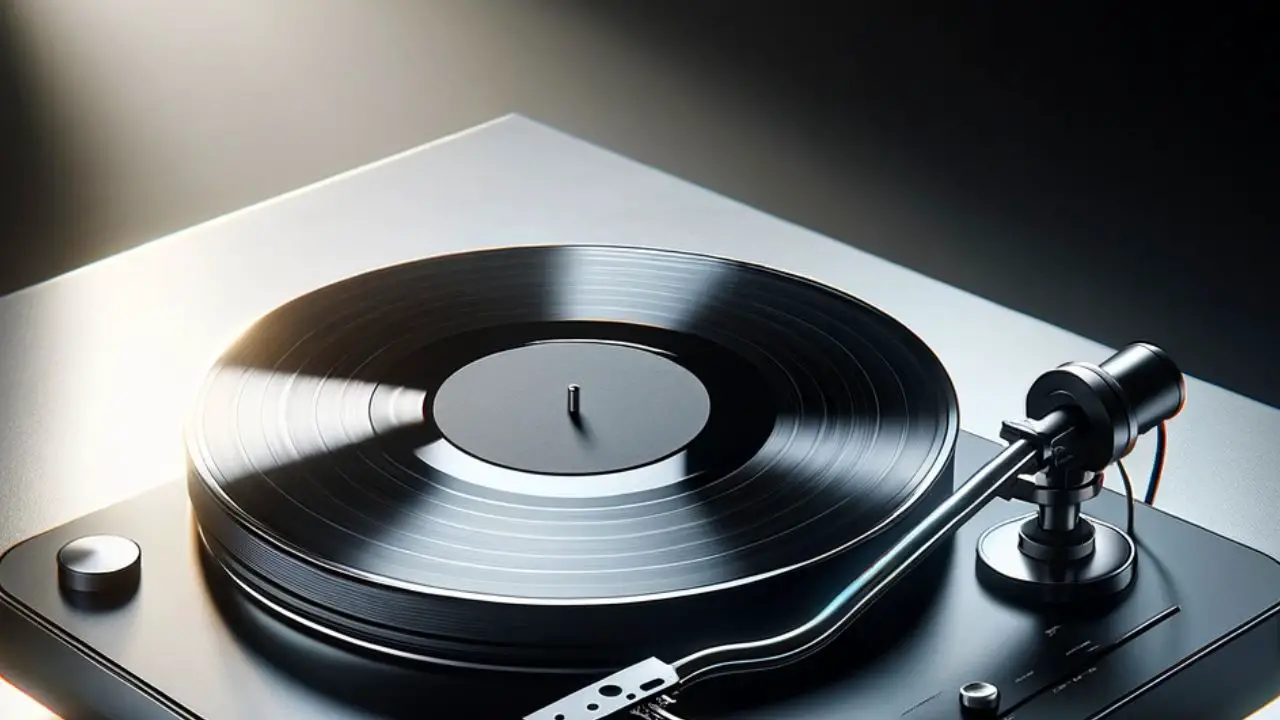Vinyl records have made a remarkable comeback, providing a unique and authentic listening experience for music enthusiasts. However, one common issue that vinyl record collectors often encounter is static electricity. Vinyl record static can cause unpleasant crackling sounds, interfere with audio quality, and attract dust particles. In this article, we will explore the causes of vinyl record static and provide you with effective tips and tricks to prevent and remove static from your precious vinyl records. Let’s dive in!
Understanding Vinyl Record Static
Vinyl record static is caused by the buildup of electrical charges on the surface of the record. When the stylus moves along the grooves, the static charges disrupt the smooth flow of sound, resulting in unwanted pops, crackles, and distortion. Static electricity can also attract dust particles, further affecting the audio quality.
Causes of Vinyl Record Static
Several factors contribute to the development of static electricity on vinyl records. Here are a few common causes:
- Low humidity levels: Dry air increases static electricity, so if the environment is lacking moisture, it can lead to static buildup on the records.
- Friction: When handling vinyl records without proper precautions, friction between the record and the sleeves or other surfaces can generate static charges.
- Synthetic materials: Some record sleeves or inner sleeves made of synthetic materials can create static electricity when in contact with vinyl records.
- Dust and debris: Dust particles on the record surface can create static charges and affect the playback quality.
Preventing Vinyl Record Static
Prevention is key when it comes to vinyl record static. By implementing a few simple measures, you can significantly reduce the occurrence of static electricity. Here are some tips to consider:
Keeping the Environment Humidity Controlled
Maintaining proper humidity levels in your listening environment can help prevent static buildup on vinyl records. Aim for a humidity range of 40-50%. Here’s what you can do:
- Use a humidifier: If the air is too dry, consider using a humidifier to increase the humidity levels in the room.
- Avoid excessive moisture: On the other hand, excessive moisture can cause mold and damage to your records. Find the right balance.
Using Anti-Static Inner Sleeves
Investing in anti-static inner sleeves is a great way to protect your vinyl records from static charges. These sleeves are made from special materials that minimize static buildup. Follow these steps:
- Remove records from old sleeves: Replace the original sleeves with anti-static inner sleeves.
- Handle records with care: Avoid touching the playing surface of the record directly with your fingers to minimize the risk of static transfer.
Cleaning and Maintaining Vinyl Records
Keeping your vinyl records clean and well-maintained can also help reduce static electricity. Follow these cleaning and maintenance tips:
- Use a carbon fiber brush: Gently brush the surface of the record with a carbon fiber brush before each play. This helps remove static and dust particles.
- Avoid abrasive cleaning methods: Use a record cleaning solution and a microfiber cloth to clean your records. Avoid abrasive substances that can damage the record surface.
Removing Vinyl Record Static
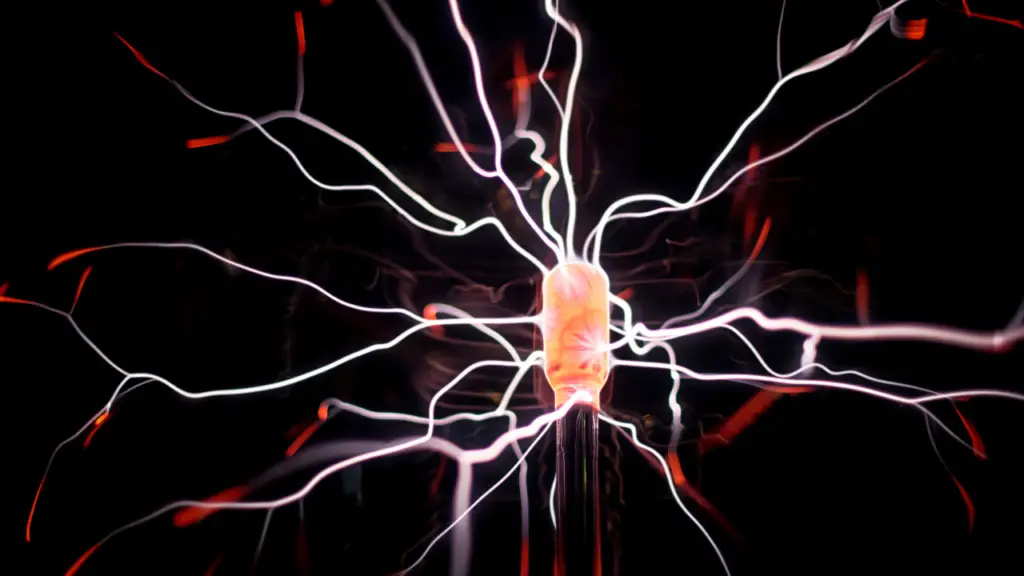
Despite preventive measures, static electricity may still occur on your vinyl records. In such cases, it’s essential to know how to remove the static effectively. Here are a few methods to try:
Using Anti-Static Brushes or Carbon Fiber Brushes
Anti-static brushes or carbon fiber brushes are designed to remove static charges from vinyl records. Follow these steps:
- Place the record on a clean surface: Ensure the record is secure and stable.
- Hold the brush correctly: Hold the brush by the handle and gently brush the surface of the record in a circular motion.
- Repeat if necessary: If static persists, continue brushing until the charges are neutralized.
Static Gun or Discharge Brush
A static gun or discharge brush is another effective tool for removing static from vinyl records. Here’s how to use it:
- Hold the gun or brush: Hold the static gun or brush close to the record surface without touching it.
- Activate the device: Follow the manufacturer’s instructions to activate the static removal feature.
- Move the gun or brush: Slowly move the gun or brush across the surface of the record, keeping it a few inches away.
Homemade Solutions
If you prefer a DIY approach, there are a few homemade solutions that can help reduce static on vinyl records. Here’s one simple method:
- Create an anti-static mixture: Mix distilled water and isopropyl alcohol in a 6:1 ratio in a spray bottle.
- Spray the mixture: Spray a light mist of the solution onto the record surface.
- Wipe gently: Use a clean microfiber cloth to wipe the record in a circular motion. Avoid excessive moisture.
Conclusion
Vinyl record static can be an annoyance for enthusiasts, but with the right preventive measures and removal techniques, you can enjoy a static-free listening experience. Remember to control the humidity levels, invest in anti-static inner sleeves, and keep your records clean and well-maintained. In case static persists, utilize tools like anti-static brushes or carbon fiber brushes, static guns, or try homemade solutions. By implementing these tips and tricks, you can preserve the quality of your vinyl records and enhance your overall listening pleasure.
FAQs
1. Can static electricity damage vinyl records? Static electricity itself doesn’t cause permanent damage to vinyl records. However, it can affect audio quality and attract dust particles, which can lead to additional issues.
2. How often should I clean my vinyl records? Regular cleaning is essential to maintain the quality of your vinyl records. Clean them before each play or whenever you notice an accumulation of dust or debris.
3. Are there any alternatives to anti-static inner sleeves? If you can’t find anti-static inner sleeves, opt for high-quality paper or polyethylene sleeves. Avoid using PVC sleeves as they can generate static charges.
4. Can I use fabric softener sheets to remove static from vinyl records? No, fabric softener sheets are not recommended for removing static from vinyl records. They can leave residue and potentially damage the surface.
5. How should I store my vinyl records to minimize static buildup? Store your records in a cool and dry environment, away from direct sunlight and heat sources. Vertical storage is preferable to prevent warping and minimize contact between records.

